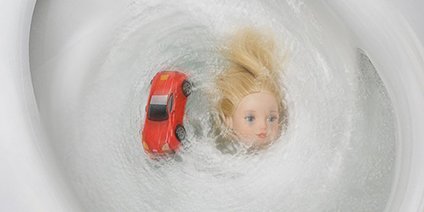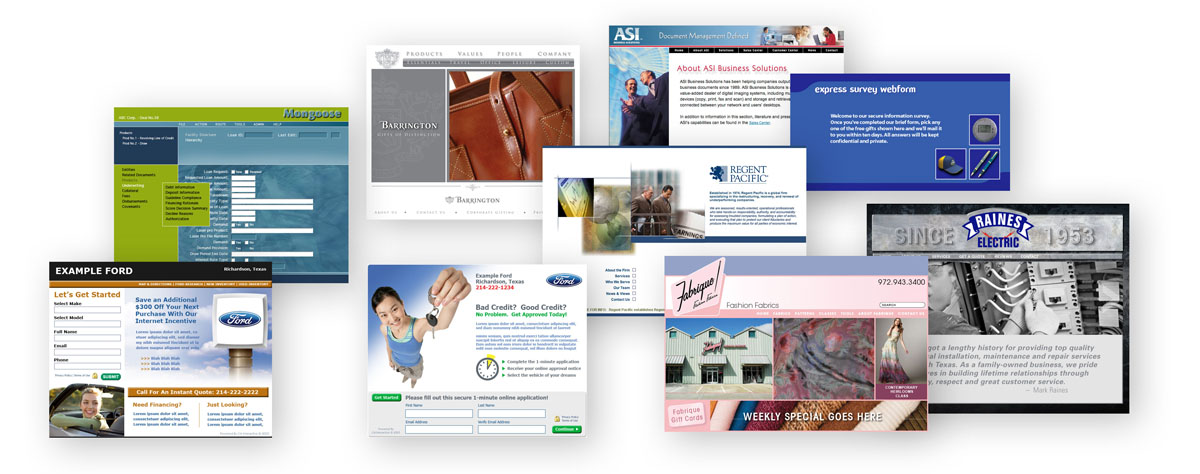In Tools We Trust

In Tools We Trust
Until We Don’t
It would be no exaggeration to claim that at the very moment you’re reading this, mankind’s accumulation of knowledge over the past three million years has reached its apex (but not its limit). In fact, over the last fifty years, that knowledgebase has been growing at a rate far outpacing previous generations, primarily due to one issue — improved tools.
Our use of tools and the sophistication of those tools has been expanding since the first cave clan discovered that cooking their food over hot embers, made them healthier and stronger than their next-cave neighbors. In fact, human history is nothing other than an outwardly expanding spiral of people-groups subjugating their environment (and other people-groups) via superior technology.
Tools Gone Wrong
Lately there’s been a renewed interest in the mystery of Amelia Earhart’s disappearance. And, perhaps, no other story besides hers better illustrates mankind getting out over their skis with regard to dependence on the tools of their day. Earhart and her navigator, Fred Noonan, got more than three quarters of the way through their circumnavigation of the globe before they disappeared.
Earhart was flying Lockheed’s Model 10E Electra, a new, all metal, twin engine aircraft designed by the famous Lloyd Stearman. The plane was state-of-the-art for its time, but the time was 1937 and the plane’s instrumentation had nothing in common with modern avionics. In fact, Noonan was navigating via a combination of celestial navigation and dead reconning.
The last, and ill-fated, leg of their trip from New Guinee to Howland Island was 2,256 miles, and the refueling island was only a 395-acre (0.61 square-mile) spec amidst the sixty-three-million-square-mile Pacific Ocean. Consulting my trusty Machinery’s Handbook and applying my rusty knowledge of trigonometry, I ciphered that if old Fred had miscalculated their route by a single degree, they would have missed the island by roughly forty miles of open sea. I suppose I should have just asked ChatGPT that question.
What Do Ya Know?
Imagine Amelia and Fred stepping into the cockpit of a modern jumbo jet with sophisticated satellite-based avionics and heads-up displays and long-range radios. They would think they’d entered the Twilight Zone (except that the Twilight Zone didn’t exist until twenty-two years after they went down).
Now, based on roughly ninety years of technical advancement since their tragedy, plus the fact that our rate of technological improvement is not a straight line but rather something more closely approximating a logarithmic curve, just imagine the technology our grand kids will take for granted in another ninety years.
On top of all that, stop and realize that the grand sum of all human knowledge existing a hundred years from now, will still be no more than the equivalent of that tiny Howland Island, lost in the vastness of the Pacific Ocean when compared to the totality of knowledge that drives our universe.
Whether towards the macro realm of the James Webb telescope or the micro realm of super colliders and electron microscopes, every discovery we make points to a thousand more knowledge goals just beyond our current grasp.
What If
What if there is simply one giant truth that encompasses it all — every branch of science, medicine, philosophy, religion, existence? And what if every apparent conflict we encounter between those knowledgebases is due, not to an actual incongruity of disparate truths, but rather, to our limited understanding of the context we’re evaluating those truths in? Perhaps our box is just too small.
I hope somebody eventually figures out what actually became of Amelia and Fred, but I hope even more so that you and I can open our minds and come to comprehend the unified truth that ignited that original Big Bang and still holds all things together fourteen billion years later.
If you figure it all out, email me the answers.
 Let’s talk. I’d really like to hear what you have to say, and it might even give me something to write about. Email me at guy@lawsoncomm.com.
Let’s talk. I’d really like to hear what you have to say, and it might even give me something to write about. Email me at guy@lawsoncomm.com.
I’ll buy you coffee and we can compare notes. I promise not to steal your ideas without permission.
![]()
Any fool can know. The point is to understand.
― Albert Einstein

Did someone forward this newsletter to you after reading it themselves? Don’t settle for that!
CLICK HERE
to get a fresh, unused copy of this newsletter sent directly to you every Sunday morning. If you decide it stinks, you can always unsubscribe.
Foundations of Western Civilization II: A History of the Modern Western World
— Robert Bucholz

This is another one of the Great Courses series that lays out the foundation of Western Civilization beginning with the fall of the Roman Empire (good riddance), and illustrates the growth of Western civilization from that beginning up to today. It’s long (24+ hours) but it’s broken into 45 half-hour lectures so Russell Duckworth can listen to the whole think in only eight days of commuting.
A meeting of great minds who think alike












